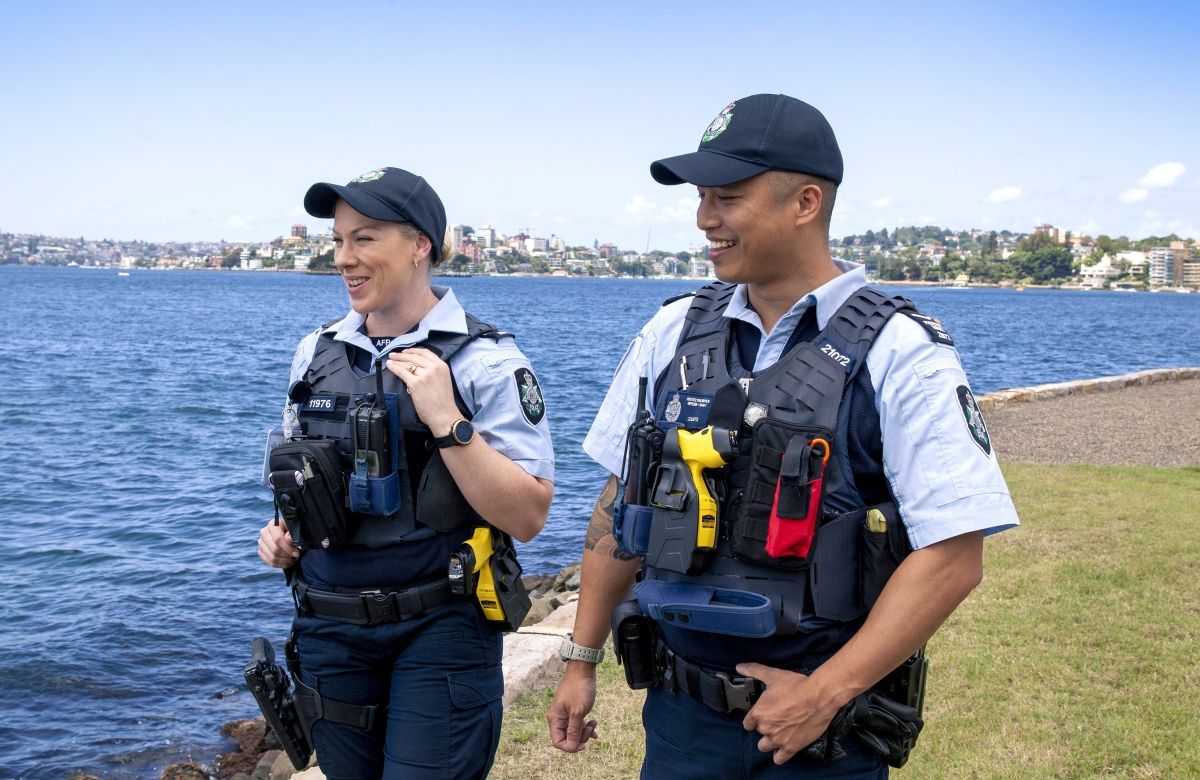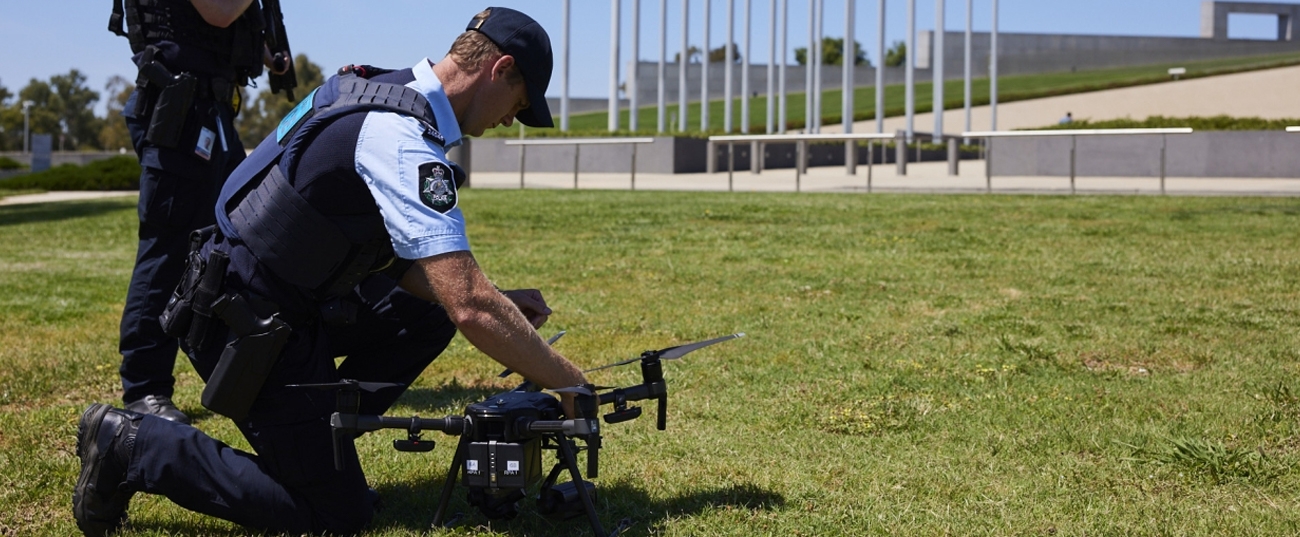How many years have you worked as a Protective Service Officer (PSO)?
I have been working as a PSO since 2017.
What did you do before becoming a PSO?
Prior to my role as a PSO I worked for 9 years as an administration assistant at the AFP offices in Canberra.
Why did you first apply to be a PSO?
Even though I enjoyed my job, I felt I was after something more. My kids were getting older and shift work was an option that I felt comfortable with considering. I liked the idea of having a uniform (because buying new clothes then having to match clothes was a painful process!) and I enjoyed working outdoors. The more thought I put into policing, the keener I became. I then made the decision to submit an application. I then started to prepare myself to meet the requirements of the job.
In early 2016, I applied for a base recruit/PSO vacancy and I was successful. I graduated in December 2016 and I commenced working as a PSO.
Take us through an average day on shift
I typically work on a rotating roster, covering 12-hour day and night shifts – 24 hours a day, seven days a week, 365 days a year. At my current station, a normal day starts with getting ready in uniform with all accoutrements before sitting down to a team briefing given by the sergeant. The briefing contains relevant information in relation to intelligence and operational activity, and any administrational information that needs highlighting.
After the briefing, teams head out on foot, bike and/or vehicle patrols and provide a high-visibility presence in our station surrounds. We respond to incidents with the support of the NSW Police and support is also provided to Defence with training days.
What are some of the challenges of the job?
The job can be both high and low tempo and the shift work is hard, especially if you have children and a long commute. The night shifts are particularly hard, but once you get a routine it does becomes easier. The money is good and the time off is amazing.
Depending on your shift, it usually consists of 4 or 5 days on (working) followed by 4 or 5 days off.
How does shift work impact you and your social life?
I honestly prefer the shift work – it works for me and I have more time off to attend school events for my kids. I work some weekends, but days off through the week make up for it.
Why should more women think about a career in the AFP as a PSO?
If you are thinking of a career within the AFP, becoming a PSO is a great place to start. The flexible working arrangements allow me to have more time to spend with my family and attend school sporting events. Also having week days off gives me the chance to do my own hobbies and housework, and the shops are quieter.
Can you describe the job in 3 words?
Flexible, official, unique.
What's one thing that has stuck with you from your training that you use every day?
Your voice and body language are powerful tools that can escalate and deescalate a situation in a matter of seconds.
What is one piece of advice you would give to a potential new recruit?
The advice I would give to a new recruit is to read the information available to you about the AFP and prepare yourself to be physically and mentally fit to meet eligibility requirements. Do not be jaded if you are not successful the first time, apply again and again. I did it four times!
Once in the job, be flexible and make the most of any opportunities presented to you. You won't regret it. It truly is a great job and you can make it work for you.




